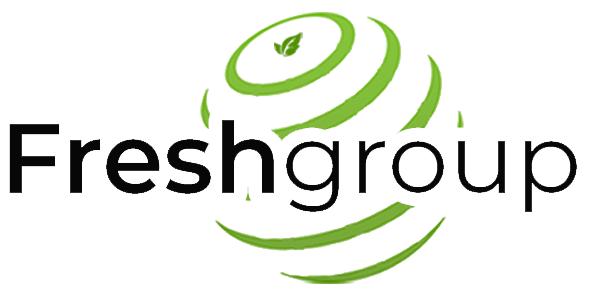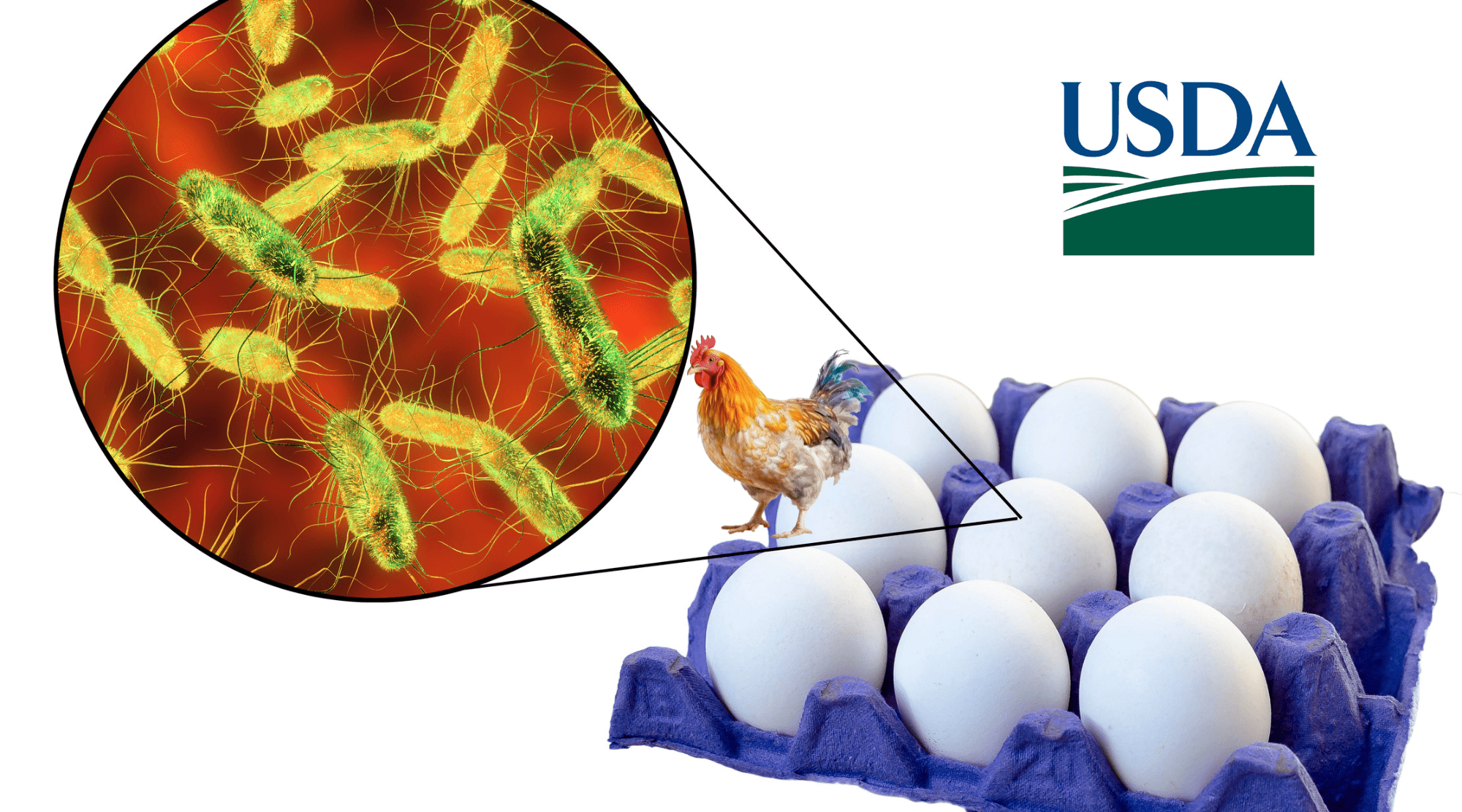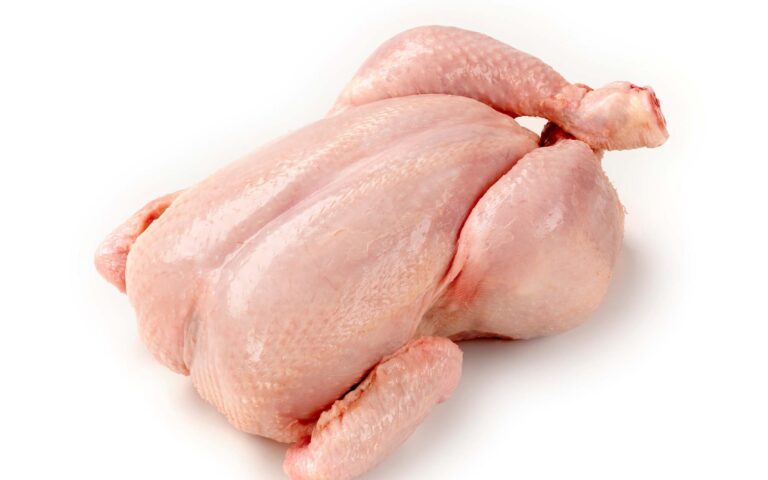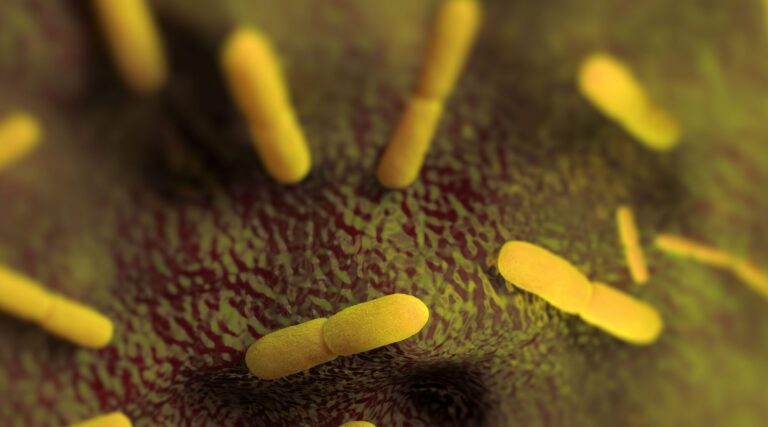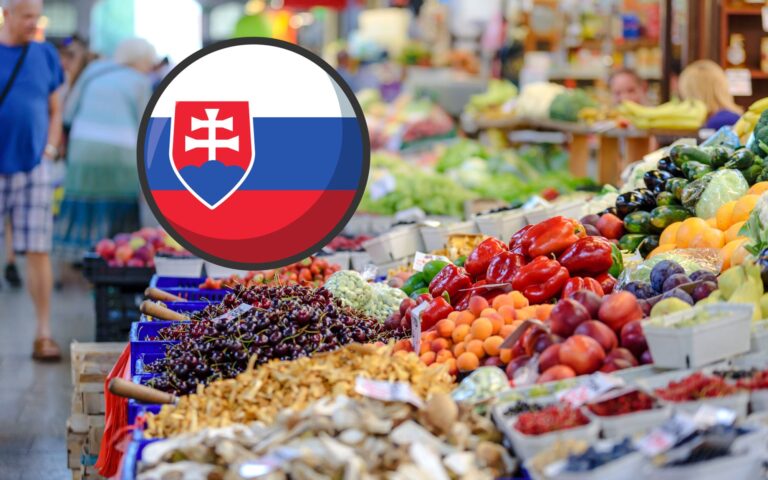In a significant move aimed at enhancing food safety, the USDA has officially classified Salmonella as an adulterant in raw, breaded, and stuffed chicken products, rendering it illegal to sell contaminated items. This decision, in the works for nearly two years, underscores the agency’s commitment to improving the quality of America’s poultry.
Sandra Eskin, deputy undersecretary for food safety at the USDA’s Food Safety and Inspection Service (FSIS), emphasized the significance of this milestone, stating that it marks the first time Salmonella has been labeled an adulterant. However, the USDA’s efforts won’t stop here; a comprehensive strategy is underway to address Salmonella contamination across various chicken products under FSIS jurisdiction.
The focus on raw, breaded, and stuffed chicken products is particularly crucial due to consumer confusion regarding their appearance and cooking requirements. Despite resembling cooked items, inadequate cooking can leave Salmonella intact, posing serious health risks. Over the years, investigations have linked these products to numerous Salmonella outbreaks, highlighting the urgency of regulatory action.
Agriculture Secretary Tom Vilsack emphasized the importance of this policy change in safeguarding public health, noting that it enables the halt of product sales upon detection of Salmonella contamination levels that could endanger consumers. While specific penalties for non-compliance were not disclosed, the regulation marks a significant step forward in addressing longstanding concerns about Salmonella in poultry.
Calls for action against Salmonella in chicken products have been mounting for years, with industry stakeholders and consumer advocates urging regulatory intervention. While acknowledging industry concerns and emphasizing the need for collaboration, the government remains committed to implementing rigorous verification procedures to ensure compliance with the new regulation.
The verification process will include sampling and testing of the raw chicken component prior to stuffing and breading, with non-compliant products barred from production. The determination, based on the best available science and data, mirrors previous policymaking efforts targeting foodborne pathogens such as E. coli in beef products.
While declaring Salmonella an adulterant in select chicken products represents a significant milestone, there is consensus that more work lies ahead to effectively mitigate the risk posed by this pathogen across the poultry industry.
Source: FSN
Reach out to Fresh Group Food Safety And Quality Consulting for any inquiries related to food quality and safety.
